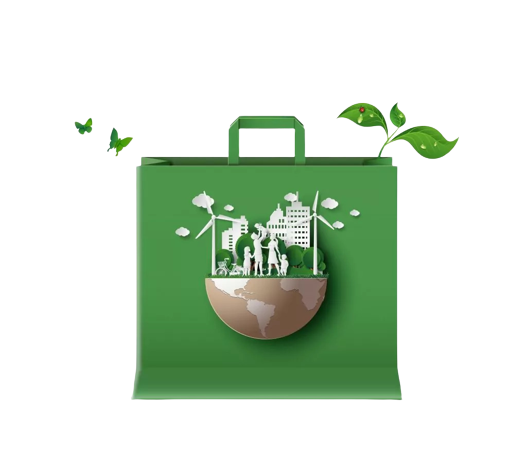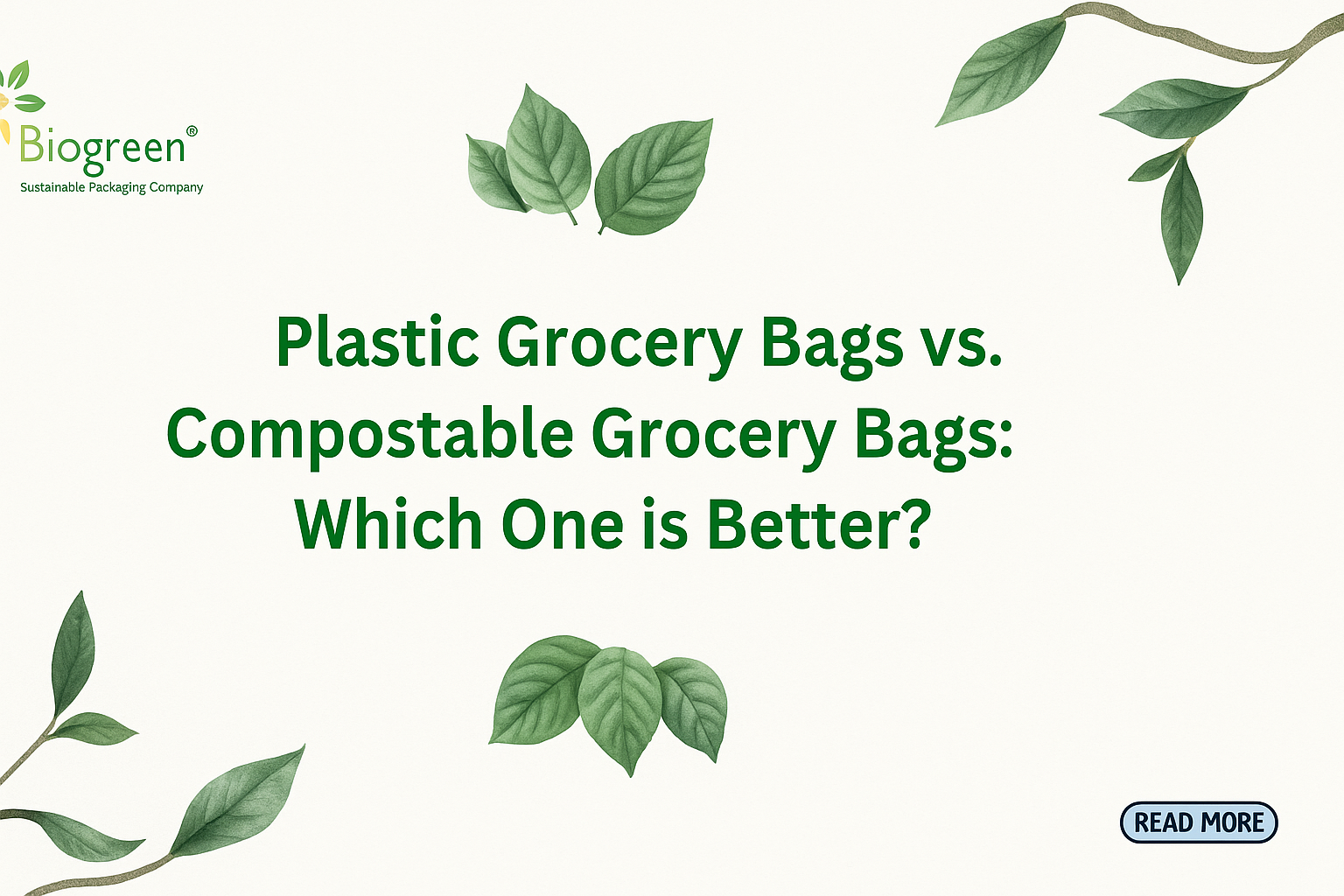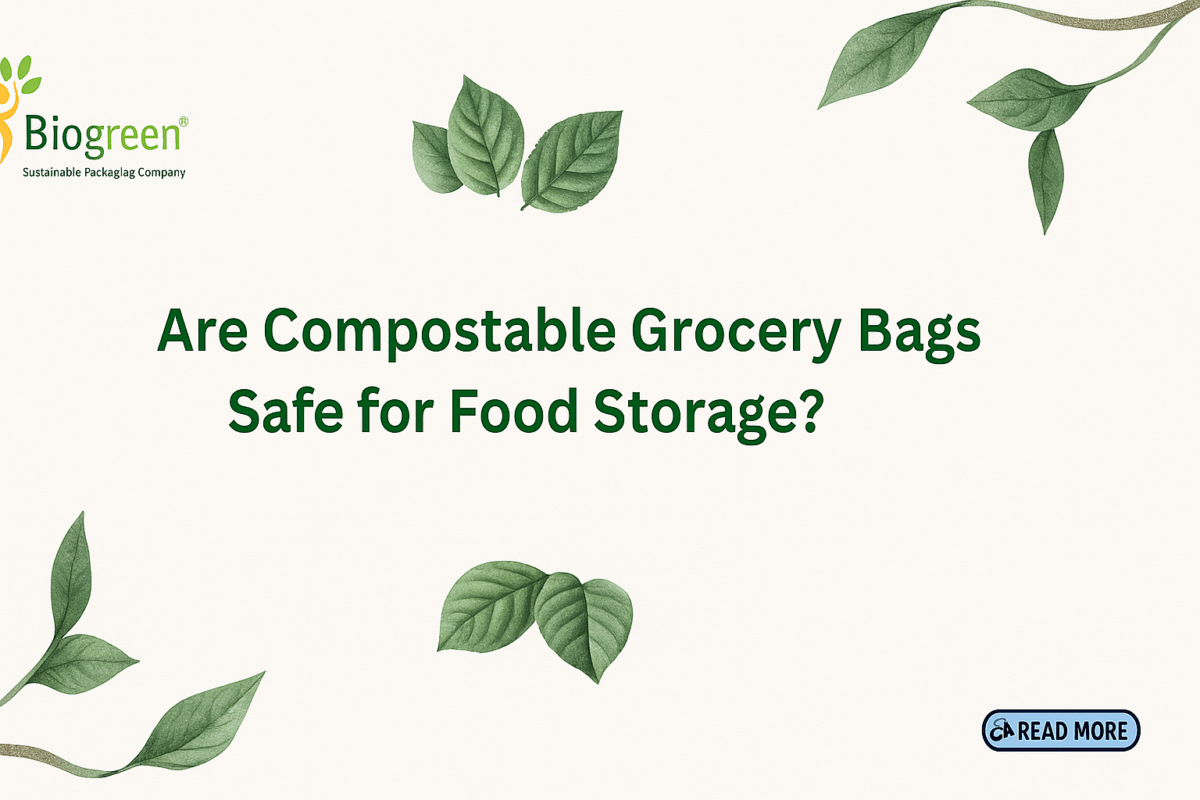Introduction
Every time you shop, a grocery bag ends up in your hands—it’s a routine we don’t even think about anymore. While plastic bags are super convenient, they’re also one of the biggest contributors to plastic pollution. On the other hand, compostable carry bags are becoming popular as a greener alternative. But which one is really better? spaceman slot gacor4d sbobet88 totoagung2 slot online situs slot gacor slot qris idn togel toto slot amintoto gacor4d rtp live slot mahjong idn slot toto slot gacor4d totoagung2 toto slot totoagung toto slot gacor4d situs toto slot thailand toto slot slot garansi kekalahan gacor4d slot 4d totoagung2 totoagung
slot qris slot gacor hari ini slot gacor maxwin slotgacor4d
In this blog, we’ll break down the differences between plastic and compostable grocery bags so you can make a smarter, more eco-conscious decision the next time you go shopping.
Why Choosing the Right Grocery Bag Matters
Plastic pollution is more than just a buzzword—it’s a serious global problem. Every year, millions of plastic bags are dumped into oceans and landfills. These bags don’t just disappear; they take hundreds of years to degrade, polluting our land and harming marine life in the process.
Switching to eco-friendly options like compostable grocery bags helps reduce your carbon footprint and supports a more sustainable lifestyle. It’s a small step that can make a big difference.
Understanding Grocery Bags
Let’s talk about plastic grocery bags first.
Most of them are made from petroleum-based materials like polyethylene (PE) or polypropylene (PP). While they’re cheap, lightweight, and durable, those very features also cause long-lasting harm to the environment.
Here’s why plastic bags are problematic:
- Not biodegradable: They can take hundreds of years to degrade, meaning they stay in the environment for generations.
- Microplastic pollution: As they break down, they form tiny plastic particles that seep into the soil and water.
- Harm to wildlife: Animals often mistake these bags for food, which can lead to fatal health issues.
- Poor recyclability: Even though some plastic bags are technically recyclable, most don’t actually get recycled and end up in landfills or oceans.
For example, many households also rely on plastic for other purposes, like lining trash bins. A smarter and eco-conscious replacement would be a compostable garbage bag, which offers the same utility without the long-term harm.
Understanding Compostable Grocery Bags
Now let’s look at the better choice.
Compostable grocery bags are made from renewable, plant-based materials like cornstarch, PLA (polylactic acid), and PBAT (polybutylene adipate terephthalate). These materials are designed to break down under composting conditions and return to the Earth without leaving toxic residues.
Benefits of compostable grocery bags:
- Fully decomposable: They break down into natural components like carbon dioxide, water, and biomass.
- Non-toxic: No harmful chemicals or residues are left behind.
- Less landfill waste: They help reduce the burden on already overflowing landfills.
- Eco-friendly material: Made from renewable resources, they help reduce dependency on fossil fuels.
If your store or brand handles products like clothing or fashion items, using a compostable garment bag instead of a plastic one is another fantastic way to go green.
Plastic vs. Compostable Grocery Bags: A Quick Comparison
| Feature | Plastic Grocery Bags | Compostable Grocery Bags |
| Material | Petroleum-based (PE, PP) | Plant-based (Cornstarch, PLA, PBAT) |
| Decomposition Time | 100+ years | 3–6 months (with composting) |
| Environmental Impact | High pollution, microplastics, harms wildlife | Biodegrades safely, minimal impact |
| Recyclability | Difficult, limited infrastructure | Fully compostable, zero waste |
| Cost | Cheaper upfront | Slightly costlier but sustainable |
And for businesses that ship products, switching from plastic packaging to options like a biodegradable courier bag or biodegradable bubble wrap makes shipping more sustainable too.
Are Compostable Grocery Bags Worth the Switch?
Absolutely. Even though compostable grocery bags might cost a little more than plastic ones, the environmental benefits far outweigh the price difference.
Here’s why:
- Reduces plastic waste: No more worrying about adding to the global microplastic crisis.
- Supports responsible waste disposal: These bags break down into compost that can enrich soil.
- Boosts green branding: Businesses and individuals who switch to compostable options are actively contributing to a cleaner, greener future.
Plus, compostable bags aren’t just for groceries. Even things like party supplies can go eco-friendly—consider using biodegradable disposable glasses for your next get-together instead of plastic ones.
Conclusion
The shift from plastic to compostable grocery bags isn’t just a trend—it’s a step toward protecting our planet. Choosing certified compostable options helps reduce pollution, safeguard wildlife, and encourage sustainable living.
Whether you’re a consumer looking to do better or a business aiming for eco-conscious practices, compostable alternatives like compostable carry bags, garment bags, and biodegradable courier packaging are the way forward.
Let’s be real—there’s no Planet B. So, let’s treat this one right.
FAQs
Which grocery bag is best for the environment?
Compostable grocery bags are the best option. Unlike plastic bags that take centuries to break down, compostable ones decompose within months and don’t leave toxic waste behind.
How long do compostable grocery bags last?
They’re sturdy enough to last a few months if kept dry. Once placed in composting conditions, they break down in about 3 to 6 months.
Are compostable grocery bags really better?
Yes! They’re made from natural ingredients, leave no harmful microplastics, and reduce landfill burden, making them a smarter, cleaner choice for everyone.




